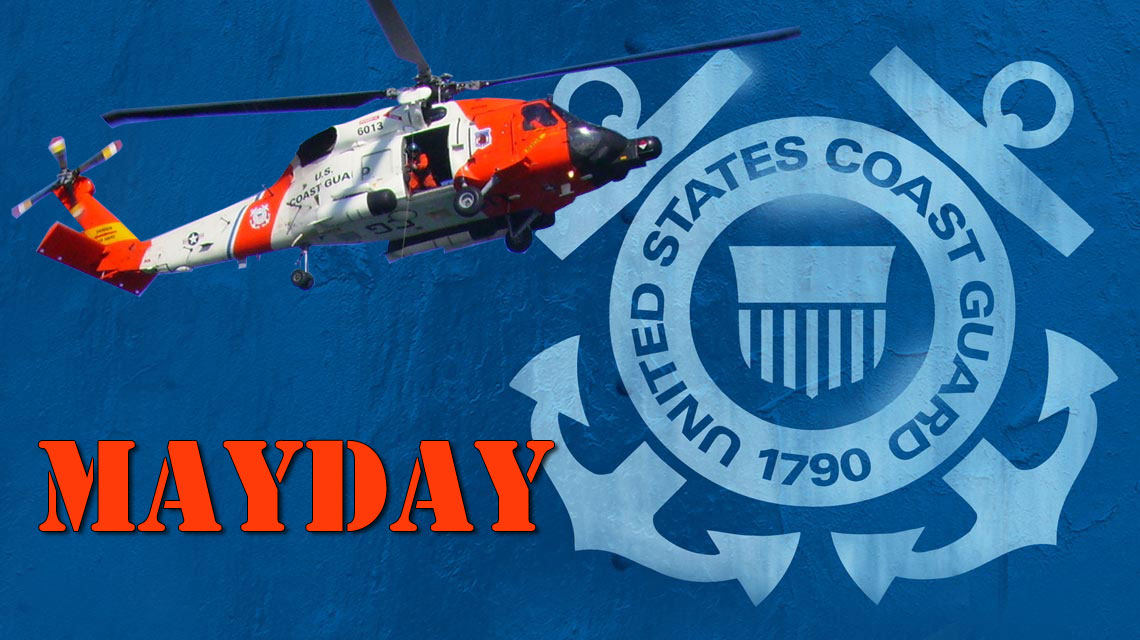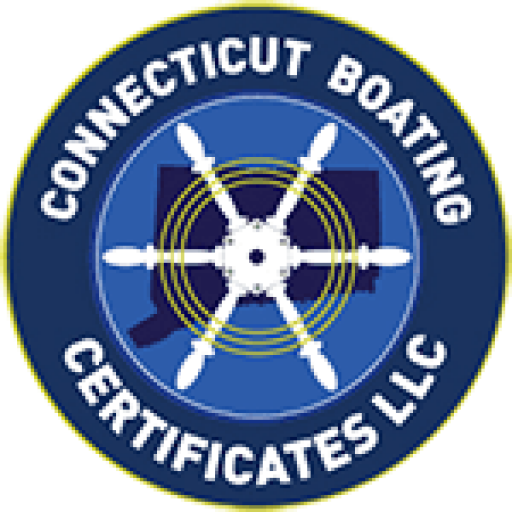Call: 1-800-832-7191
Mayday Calls

What Is a Mayday Call?
Mayday calls serve as an internationally recognized distress signal used in emergencies. Mariners use it over radio communications to indicate that lives are in immediate danger. When a vessel faces a grave and imminent threat, the crew must issue a Mayday call to request urgent assistance.
How to Make a Proper Mayday Call
To ensure your distress call is effective, follow a structured format.
👉 Click here for a Mayday Template.
The History Behind “Mayday”
The term “Mayday” originated in the early 1920s. Frederick Stanley Mockford, a radio officer at Croydon Airport in England, developed the term. Authorities asked him to create a word that pilots and ground staff could easily understand during emergencies. Drawing from the French phrase m’aidez (meaning “help me”), he proposed “Mayday.” The term quickly gained international acceptance.
What to Do When a Radio Isn’t Available
If you can’t access a radio, you still have options. Mariners often rely on visual distress signals, which is why carrying them is essential. Additionally, a Mayday relay allows one vessel to send a distress call on behalf of another in trouble.
⚠️ Important: Making a false distress call is a criminal offense in many countries. Offenders may face six figure fines, restitution, and even imprisonment.
Other Emergency Calls: Securité and Pan-Pan
Not every emergency requires a Mayday call. Mariners use other calls to communicate different levels of urgency:
- Securité: Use this call to broadcast important safety information, such as navigational hazards.
Example: “A large tree trunk spotted just west of Buoy 28 in Bridgeport.”
- Pan-Pan: Use this for urgent but non-life-threatening situations.
Examples: Navigational equipment failure, entanglement with a lobster pot line, or a request for medical advice or evacuation.
Best Practices During a Mayday Situation
- Maintain Radio Silence: All vessels must stop transmitting until the Mayday situation is resolved—unless another Mayday arises.
- Stay Poised: Gather your information and communicate clearly. Avoid panicking or shouting.
- Remain Composed: Above all, remember that lives are at stake. Calm, clear communication can save them.
Conclusion
No mariner wants to face a Mayday situation. However, preparation is key. Practice making a Mayday call as part of your safety drills—but never do this live on the radio unless it’s a real emergency. Check out our Boaters Blog Page for more information about your VHF radio. This will help guide you through the call. Check out other ways to contact the US Coast Guard. Be safe out there!
